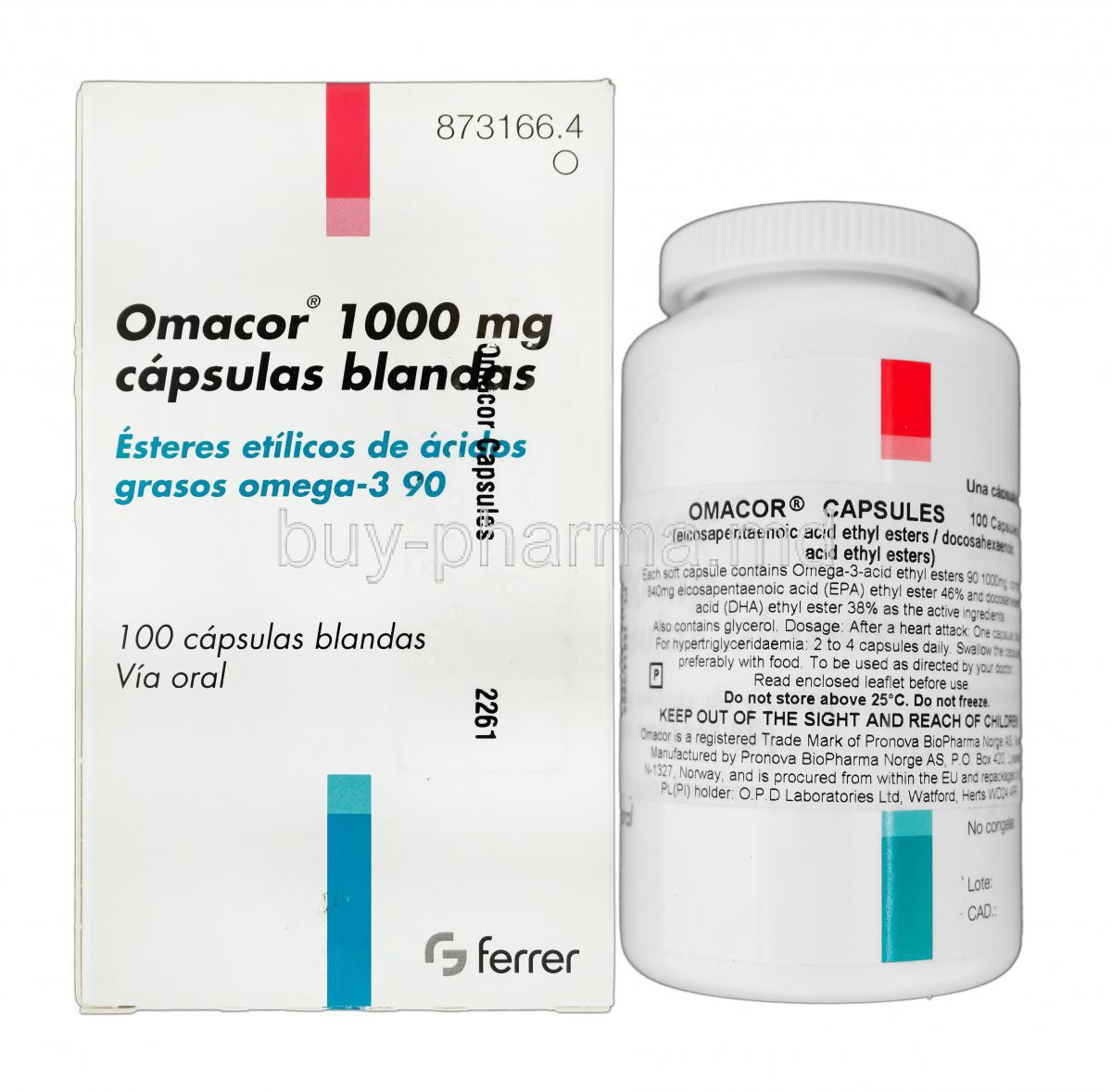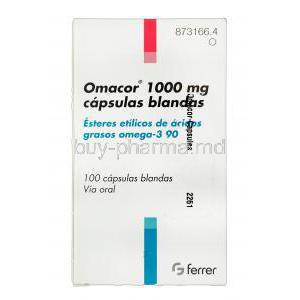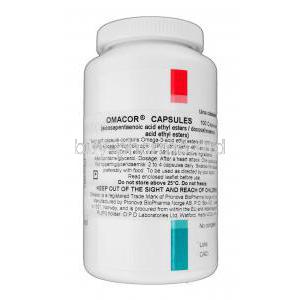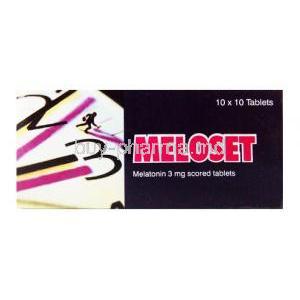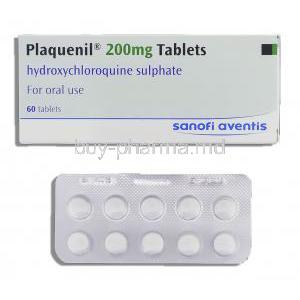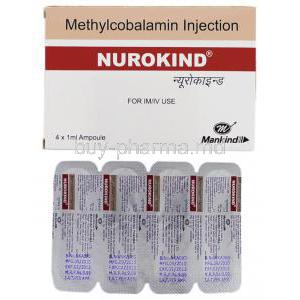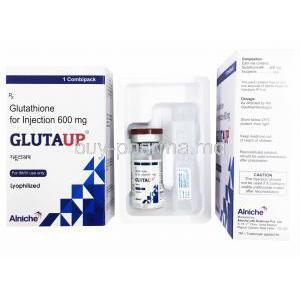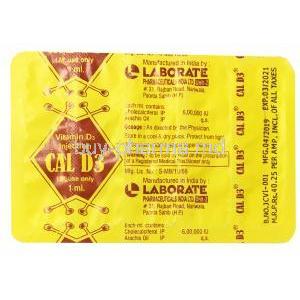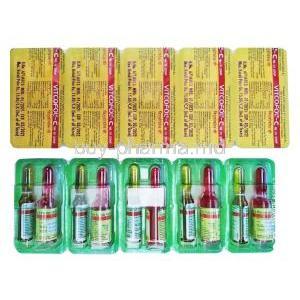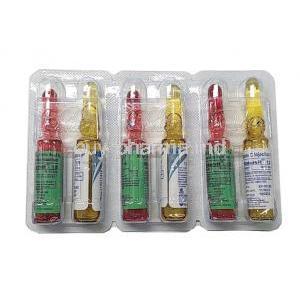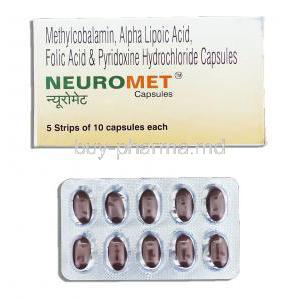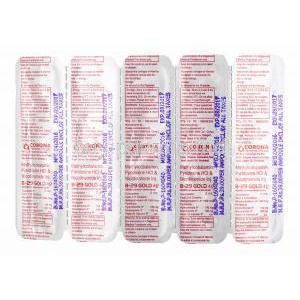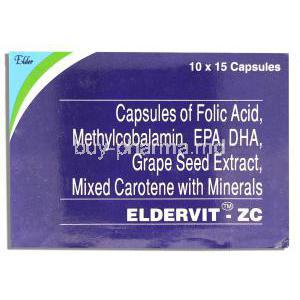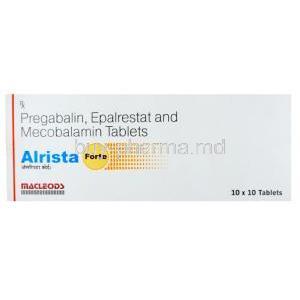Omacor Omega-3
- Â
- What is Omacor
- Â
- Uses of Omacor
- Â
- Off-Label Uses of Omacor
- Â
- How Omacor Works in the Body
- Â
- Dosage and Administration of Omacor
- Â
- Side Effects of Omacor
- Â
- Interactions of Omacor with Other Medications
- Â
- Warnings and Contraindications for Using Omacor
- Â
- Special Precautions and Considerations
- Â
- Overdose and Emergency Management
- Â
- Storage and Handling Precautions for Omacor
- Â
- Conclusion and Summary
What is Omacor
Overview of Omacor: Composition and Medical Formulation
Omacor3, a medication created from omega 3 ethyl esters found in fish oils abundant in EPA (eicosapentaenoic acid) and DHA (docosahexaenoic acid), is designed to help lower triglyceride levels in people with high triglycerides. By encapsulating these acids in gelatin capsules, the body can efficiently absorb and use them for metabolic processes.

The Significance of Omega-3 Fatty Acids in Health
Omega 3 fatty acids are essential for keeping our hearts healthy. They are also crucial for brain development and thinking abilities. The good things about omega-3 acids include:
- Helping to reduce
- Inflammation stabilizes plaque buildup in arteries
- Lower triglyceride levels
Many studies have shown that omega-3 fatty acids can help prevent heart attacks and reduce fat levels in the blood. These particular fatty acids also seem to impact natural markers that signal heart disease risk.
Uses of Omacor
Primary Uses: Managing Triglyceride Levels
Omacor stands out for its ability to control triglyceride levels2, commonly linked to obesity, diabetes, and kidney issues. This medication effectively utilizes omega-3 fatty acids to reduce levels by as much as 30%, thereby reducing the chances of developing serious complications such as pancreatitis.
Impact on Cardiovascular Health
Omacor's heart-protective effects are significant and varied. By lowering cholesterol levels, the medication eases the strain on the heart. Studies show that regular use of Omacor decreases plaque vulnerability, which helps reduce the risk of heart attacks and strokes.
Below are some cardiovascular advantages linked to Omacor:
- Improvement in vascular endothelial function
- Lowering of blood pressure
- Stabilization of heart rhythms
Benefits for Inflammatory Conditions
Besides lowering lipids, Omacor also has anti-inflammatory characteristics that are helpful in managing long-term inflammatory conditions like rheumatoid arthritis. The omega-3 fatty acids found in Omacor may decrease the generation of cytokines and eicosanoids, which worsen inflammation. Additionally, Omacor's clinical benefits include easing symptoms for individuals with bowel disease (IBD) and lupus by helping to control disease activity and improve quality of life.
Off-Label Uses of Omacor
Exploring Non-Approved Applications in Clinical Settings
Omacor's effectiveness goes beyond its authorized uses, delving into applications across different medical environments. Doctors intrigued by the compound's core bioactive characteristics have tested Omacor in situations not officially approved by agencies. This experimentation includes supervised administrations when conventional therapies fall short of producing desired results, thus establishing Omacor as a flexible addition to treatment plans.
Omacor in Mental Health: Potential Effects on Depression and Cognitive Function
Recent findings indicate a connection between omega-3 fatty acids and mental well-being. Omacor, known for its content of these vital nutrients, has been studied for its ability to alleviate symptoms of depression and boost cognitive skills. Research shows that omega 3 fatty acids can impact neurotransmitter pathways and brain flexibility potentially easing symptoms and improving cognitive performance.
- Possible regulation of dopamine
- Serotonin level, mood and emotional health
- Boost in memory retention and cognitive skills
Use in Dermatology: Effects on Skin Health
The dermatological benefits of Omacor stem from its ability to reduce inflammation and provide hydration to the skin. Doctors have noticed enhancements in skin protection and a decrease in symptoms of skin irritation in patients receiving Omacor treatment. These positive effects are linked to the omega-3 acids' ability to regulate reactions and improve the lipid composition of the skin.
Additionally anecdotal reports suggest that Omacor might help relieve psoriasis symptoms and enhance skin health indicating its potential value as a supplementary treatment option, in dermatology.
How Omacor Works in the Body
Mechanism of Action: Understanding the Role of Omega-3 Acids
The effectiveness of Omacors therapy comes from its levels of omega-3 fatty acids, specifically EPA and DHA. These components work by integrating into cell membranes, improving flexibility, and changing how signals are sent within the body. The way it works involves blocking the metabolism of acid, which results in less production of inflammatory eicosanoids like prostaglandins and leukotrienes.
Moreover, the omega-3 fatty acids found in Omacor trigger the creation of inflammatory substances known as resolvins and protectins, which aid in resolving inflammation and supporting tissue healing. This adjustment to functions reduces inflammation and strengthens plaque buildup that can lead to heart issues, thus promoting heart health.

The Biochemical Pathways Influenced by Omacor
Omacors impact on health works through a complex network of biochemical pathways;
- Decrease in triglyceride production: Omacor lowers the creation of triglycerides in the liver by blocking enzymes like diacylglycerol acyltransferase.
- Boost in breakdown: It increases the activity of lipoprotein lipase, which helps break down triglycerides into free fatty acids.
- Enhancement of profiles: Omacor raises levels of HDL (good cholesterol) and reduces the production of VLDL (very low-density lipoproteins), leading to an overall improvement in lipid profiles.
These biochemical changes form the basis for Omacor's therapeutic uses, showcasing its impact on a range of metabolic and inflammatory processes.
Dosage and Administration of Omacor
Recommended Dosages for Different Conditions
Omacor is prescribed in doses depending on the specific medical conditions it addresses. To manage hypertriglyceridemia, doctors usually recommend an intake of 4 grams, which can be taken as two doses of 2 grams each or four doses of 1 gram each. For preventing cardiovascular events after an initial occurrence, a lower dose of around 1 gram per day is typically advised.
These recommended dosages are based on studies and are customized to optimize effectiveness while minimizing potential side effects. Patients should follow the prescribed dosages. Please seek advice from their healthcare provider before making any changes.
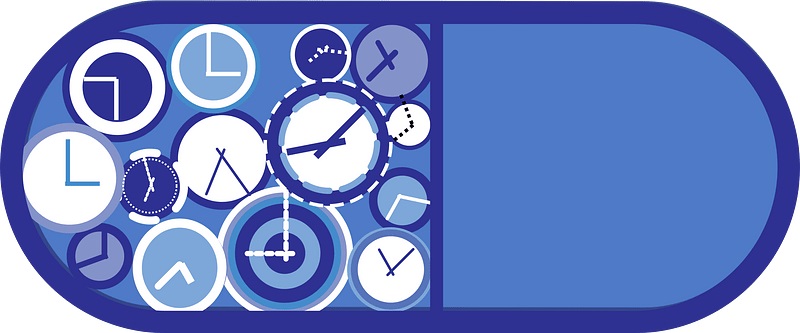
Instructions for Use and Timing of Administration
Patients should coordinate taking Omacor with meals to help their bodies absorb omega-3 fatty acids better and lessen stomach issues. It's important to swallow the capsules with plenty of water.
- Keeping a schedule for your doses is critical to ensuring the medication stays at the proper levels in your bloodstream for treatment.
- People should aim to take Omacor at all times every day.
- If they forget a dose they should take it soon as they remember unless its almost time, for their next dose.
Following these instructions can help patients ensure Omacor works effectively and achieves the desired treatment results.
Side Effects of Omacor
Common Side Effects: Gastrointestinal Issues and Allergic Reactions
Like any medication, Omacor has the potential to cause side effects1, although not everyone may encounter them. The commonly reported side effects are related to the gastrointestinal system, such as:
- Dyspepsia (indigestion)
- Nausea
- Loose stools
These symptoms typically subside as the body adapts to the medication with continued use. Apart from issues, there is a possibility that some individuals might have allergic reactions to Omacor. Signs of a reaction could manifest as:
- Rash
- Itching
- Difficulty breathing.
Patients who notice any of these symptoms should promptly seek assistance.

Serious Side Effects: Potential Risks and Warnings
While Omacor offers advantages, it's crucial to consider the potential drawbacks carefully. These include:
- A risk of bleeding as omega-3 fatty acids can impact platelet aggregation and prolong bleeding time, especially concerning individuals on blood thinners or those with bleeding disorders.
- Liver function tests may also show changes in enzyme levels for some patients, prompting the need for monitoring among those with existing liver issues.
- High doses of omega-3 fatty acids have been linked to a likelihood of developing atrial fibrillation in individuals with specific cardiovascular risk factors.
Patients and healthcare providers must monitor these risks and adjust treatment plans to minimize any effects.
Interactions of Omacor with Other Medications
Common Drug Interactions and Their Implications
Omacor has the potential to interact with medications, impacting the effectiveness and safety of both Omacor and the other drugs involved. Important interactions to consider are;
- Blood thinners (such as warfarin): Omacor may boost the effects of blood thinners, increasing the risk of bleeding. When using these medications together, it is recommended to monitor International Normalized Ratio (INR) levels.
- Blood clot prevention medications (like aspirin and clopidogrel): Using Omacor alongside these drugs may further prevent platelet aggregation, which can potentially cause bleeding.
- Medications for blood pressure: Omacor can enhance the blood pressure-lowering effects of these drugs, necessitating dosage adjustments to maintain optimal blood pressure levels.
Recognizing and managing these interactions is crucial for ensuring treatment effectiveness and avoiding outcomes.

How to Manage Potential Interactions
Managing drug interactions requires healthcare providers to take steps to ensure patient safety and treatment effectiveness. This includes:
- Conducting a review of all current medications before starting Omacor to identify any potential interactions.
- Monitoring parameters regularly and adjusting medication dosages based on the patients response is crucial for early detection of interaction effects.
- Patients should also be educated about the signs of interactions, such as unusual bleeding or changes in blood pressure and advised to report any symptoms immediately.
By incorporating these approaches, healthcare professionals can effectively handle Omacors interactions, with medications improving therapeutic outcomes and reducing risks.
Warnings and Contraindications for Using Omacor
Health Conditions that Limit the Use of Omacor
Some health issues may make it unsafe to use Omacor, so it's essential to think and sometimes avoid using it. These include;
- Allergy to fish or fish oil products: Since Omacor is made from fish oils, it's unsuitable for people with fish allergies, as it can lead to allergic reactions.
- Active bleeding disorders: Because Omacor affects blood clotting, patients with conditions like hemophilia or ongoing bleeding should avoid this medication.
- Liver disease: Individuals with liver problems should be cautious when using Omacor as it can impact liver enzyme levels and function.
For individuals facing these health challenges, exploring treatments may be a better option to prevent worsening conditions.

Interaction with Other Medical Conditions
When considering using Omacor, it's essential to consider health conditions that may not go well. For instance;
- Diabetes: Although Omacor can be good for the heart, it might also raise blood sugar levels. Keeping an eye on this and adjusting diabetes medication when needed is crucial.
- Kidney issues: Patients with kidney problems need monitoring since changes in kidney function can affect how well the drug works. Adjusting the dosage may be necessary.
- Thyroid disorders: Given that omega-3 fatty acids can impact hormone levels, patients with thyroid conditions should be monitored for any changes in their thyroid hormone levels while on Omacor.
These considerations emphasize the importance of an approach to healthcare when prescribing Omacor, ensuring that all potential risks are adequately addressed.
Special Precautions and Considerations
Administration to Elderly Patients: Adjustments and Monitoring
When giving Omacor to individuals, it's essential to keep a close eye on them and be ready to adjust the dosage as needed due to changes in their body functions as they age. Older patients might need doses of the medication to prevent any harmful effects, especially since their kidneys and liver may not work as efficiently as before. It's crucial to check how well these organs function, considering that aging can affect their ability to process medications properly.
- Adjusting the dosage may be necessary depending on how each person reacts and metabolizes the drug.
- Keeping track of effectiveness and potential side effects is essential for ensuring treatment.

Omacor in Pregnancy and Nursing: Safety and Recommendations
When considering using Omacor during pregnancy and while breastfeeding, it is important to weigh the advantages for the mother against potential risks for the baby. Omega-3 fatty acids play a role in the neurological development of the fetus and overall maternal health. However, there remains uncertainty regarding the safety of Omacor's concentrations and other components during these periods.
- Healthcare providers typically recommend an approach to evaluate the benefits of nutrition versus the potential risks associated with high doses.
- It is advisable to consult with a healthcare professional to ensure a balance of omega-3 intake.

Pediatric Use: Safety Profile and Dosage Adjustments
While it's known that omega-3 fatty acids can benefit children by supporting their brain development and managing inflammation, caution is advised when using Omacor in kids. The dosage should be adjusted according to the child's weight and specific requirements.
- Conducting clinical studies is essential to confirm the safety and effectiveness of Omacor for pediatric purposes.
- Before administering it, one must weigh the benefits against the risks involved.
It's essential to take precautions to ensure the safe and effective use of Omacor in diverse populations tailored to individual health needs and situations.

Overdose and Emergency Management
Symptoms of Overdosage with Omacor
Taking much Omacor can lead to a variety of symptoms, which can range from mild to severe depending on the excess amount taken beyond the recommended dose. Common signs of overdose include;
- Issues like diarrhea and stomach pain are usually the initial indicators of taking too much.
- There have been instances of bleeding, which may be a result of the blood-thinning effects of high doses of omega-3 fatty acids.
- Low blood pressure could occur due to the excessive widening of blood vessels caused by large quantities of omega-3 acids.
It's essential to identify these symptoms to effectively manage an overdose situation promptly.

Immediate Steps and Treatment Options
In case of taking much Omacor, it is essential to do the following things promptly;
- Reach out to emergency services for quick help and proper treatment.
- Stop using the medication away to prevent any further absorption.
- Care in a medical facility may involve monitoring vital signs and treating symptoms.
The main treatment options focus on providing support and treating symptoms. Activated charcoal could be given after ingestion to reduce absorption. If there is bleeding, vitamin K or other clotting agents might be used to counteract the blood-thinning effects of omega-3 fatty acids. It's crucial to monitor the patient and provide supportive care in a hospital until they are stable.
Quick identification of overdose symptoms, cessation of the medication, and urgent medical attention are essential for effective emergency management and preventing serious consequences.
Storage and Handling Precautions for Omacor
Optimal Storage Conditions to Preserve Efficacy
Properly storing Omacor is essential to ensure it remains effective and maintains its quality over time. The capsules should be stored at room temperature, around 20 to 25 degrees Celsius (68 to 77 degrees Fahrenheit). The medication must also be protected from heat and moisture, as these factors can break down the omega-3 fatty acids, reducing their potency.
- Avoid placing the capsules in sunlight or humid areas like bathrooms or near sinks in the kitchen.
- Make sure to close the cap to prevent air exposure, which could cause oxidation of the fatty acids.

Safety Tips for Handling and Disposal
When dealing with Omacor, it's crucial to handle and dispose of it carefully to avoid any environmental exposure or harm. Patients need to keep in mind the following precautions;
- To prevent irritation, always handle the capsules with your hands and avoid contact with open wounds or mucous membranes.
- It's important not to throw unused or expired Omacor in wastewater or regular household waste. Instead, seek advice from a pharmacist or your local waste disposal company on disposal methods that help protect the environment.
By following these storage and disposal guidelines, patients can use Omacor safely and effectively, all while being mindful of concerns.
Conclusion and Summary
Recap of the Health Benefits and Risks of Omacor
Omacor, a supplement containing omega-3 fatty acids, has both negative aspects when used for medical purposes. Its significant benefits include lowering triglyceride levels, supporting heart health, and reducing inflammation. These advantages help prevent health issues like strokes and heart attacks and may also provide relief for conditions like rheumatoid arthritis and depression.
However, it's important to consider the risks of using Omacor as well. These risks include the possibility of increased bleeding due to its blood-thinning properties, digestive issues, and potential interactions with medications that could either worsen side effects or reduce effectiveness. It's essential to be aware of these risks and manage them carefully for treatment.
Final Thoughts on Optimal Use and Patient Guidance
To make the most of Omacor, it's important to follow the doses, be aware of any possible side effects, and understand how it may interact with other medications. Patients should know how to store and handle the medication for optimal effectiveness. Regular check-ins with healthcare providers are crucial to customize treatment according to needs, monitor for side effects, and make any necessary adjustments.
- It is recommended that patients promptly inform their healthcare provider about any symptoms or concerns.
- To ensure that the treatment remains suitable, regular evaluations of medication efficacy and patient health status should be carried out.
In summary, while Omacor can bring advantages in managing various health conditions, it's essential to approach its use with a thorough understanding of its benefits and risks. When managed correctly, Omacor can play a role in a treatment plan and contribute to improved health and well-being.

